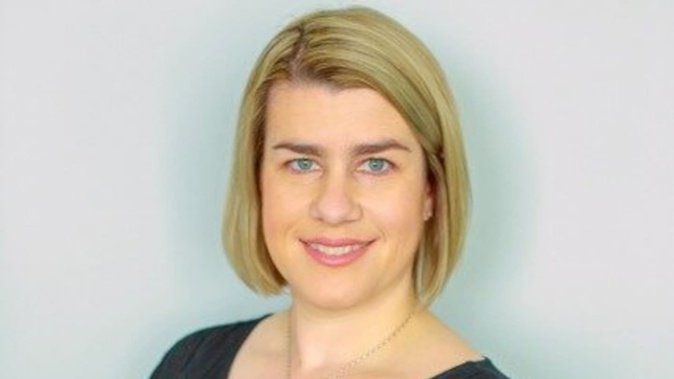
A Wellington doctor is leading the way in New Zealand with a surgery that can give young people a hope of having children years after fertility-destroying treatments.
Dr Leigh Searle, the only doctor in the country performing the surgery, said she felt “privileged” to be offering it to Kiwis who might otherwise lose their chance at having their own child in the future.
“It involves doing a surgery for a young girl or person who was born with ovaries, prior to cancer treatment, which can irreversibly affect their future fertility,” she said.
Searle, an obstetrician, gynaecologist, and sub-speciality fertility specialist, carries out about 10-15 of these preservation operations each year. She is supported by a specialised team of health professionals and lab experts.
The surgery is available for people facing other treatments that could affect their fertility, but cancer is the most common.
“There’s a really high chance that the treatment they’re going to have is going to put them into early menopause,” she said, adding that the treatment could destroy the eggs within the ovaries.
In a keyhole operation, Searle removes part or all of the ovary, which can then be cut into smaller pieces and frozen.
Dr Leigh Searle, a fertility specialist, is the only doctor in the country performing an ovarian tissue extraction surgery to give girls a chance of having children after fertility-destroying treatments.
Dr Leigh Searle, a fertility specialist, is the only doctor in the country performing an ovarian tissue extraction surgery to give girls a chance of having children after fertility-destroying treatments.
When the patient has completed their treatment and has reached a point in their life where they want to conceive a child, the ovarian tissue can be reimplanted, triggering a hormonal reaction in the body which can allow them to begin releasing eggs again.
The surgery is only offered to people going through treatment with a high risk of ruining their fertility and, in theory, can be done even on babies.
While egg or embryo extraction has a higher success rate, it can only be done on those who have already reached puberty, meaning the ovarian tissue extraction is a good option for anyone who may have to receive treatment before that age.
Egg and embryo procedures have a 40-80% success rate, while grafting ovarian tissue results in a 25-30% chance of a live baby, Searle said.
About 10-15 people each year have their ovarian tissue extracted in New Zealand. Photo /File
About 10-15 people each year have their ovarian tissue extracted in New Zealand. Photo /File
Other countries have been extracting and freezing ovarian tissue for years, and the first live birth resulting from the procedure was recorded in 2004, she said. Since then, an estimated 200 patients have given birth to live babies.
Searle first started learning the operation in Melbourne about six years ago with “some of the pioneers of this technique”, then brought it back to New Zealand. While tissue extraction was permitted, reimplanting the tissue was not allowed until 2021.
“I think, in New Zealand, there’s only really been fully established tissue freezing for young people since 2016.”
The life of the tissue once reimplanted is up to about two and a half years, so it is only reimplanted when the patient is ready to begin trying to conceive. Depending on each case, some people are able to conceive naturally once the tissue is implanted, while others may still need to go through an IVF process.
“There’s definitely more and more patients having their tissues frozen up at Starship, it’s definitely growing.”
It is only in recent years that people have started having their tissue reimplanted, and as yet, there have been no live births locally.
“It really gives people hope knowing that they have done something in the past to give them the opportunity to have their own genetic child,” Searle said. “There’s lots of emotions tied in with that.”
She wanted people to be aware of the options available to them when faced with a diagnosis that could affect their future fertility.
“I just feel like it’s fantastic that we do have this option for people that otherwise would have no option,” she said.
“I feel really privileged that we’re able to do it and just grateful that we can offer this to patients.”
The surgery is currently funded for girls under 18 in New Zealand.
Melissa Nightingale is a Wellington-based reporter who covers crime, justice and news in the capital. She joined the Herald in 2016 and has worked as a journalist for 12 years.
Take your Radio, Podcasts and Music with you










